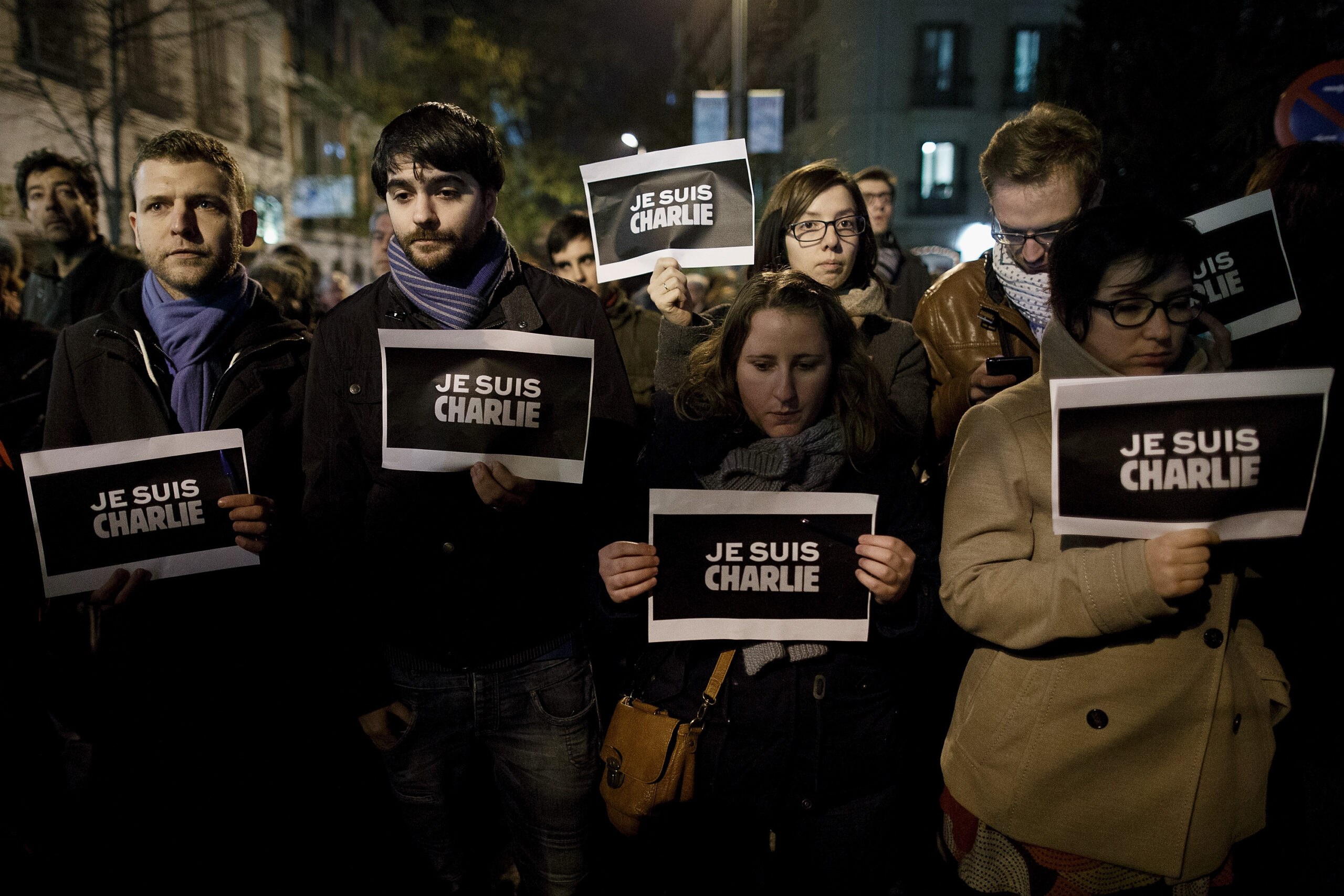We anticipate that Islamist extremists will be particularly motivated to mount attacks in France in the coming days.
This assessment was issued to clients of Dragonfly’s Security Intelligence & Analysis Service (SIAS) on 7 January 2022.
Friday, 7 January, was the anniversary of a major attack against Charlie Hebdo in 2015. And the magazine last week again published highly provocative cartoons satirising Islam. Developments around the magazine have previously led to attacks; a man stabbed two passers-by outside its former offices in 2020 when a trial started over the original attack on the offices in 2015.
We already assess that the terrorism threat level in France is severe, meaning that an attack is very likely. The government has not issued any warnings or updated the national threat level (currently, at the second of a three-tier system) ahead of the anniversary. And we have not yet seen calls for violence related to the anniversary or the cartoons on the online extremist channels we monitor. But jihadists have an established intent to mount attacks in France; we have recorded 77 jihadist attacks and plots in the country since 2015. Should an attack occur, we anticipate that this would most probably be a stabbing.
As press coverage of the anniversary and the cartoons is likely to pick up, we anticipate that so will hostile messaging on extremist channels. This has been the case around other key dates such as the start of terrorism trials. While a rise in online chatter is unlikely to signal the existence of specific threats, extremists seem to have been encouraged to mobilise through online messaging in the past. The resumption of a trial this week over the 2015 Paris attacks will also probably feed into such messaging.
Many of the jihadist attacks in France in recent years appear to have been opportunistic and driven by religious fanaticism rather than necessarily pre-meditated and political. In 2020, a man beheaded a teacher who had shown cartoons by Charlie Hebdo in class; and the perpetrator of the stabbing outside the magazine’s former offices the same year also expressed anger at the magazine’s cartoons. Our warning is based on the precedent for attacks of this kind and the potential that the new cartoons and the anniversary will motivate would-be attackers to mobilise at this time.
Despite such motivations, jihadists seem to lack the capabilities to mount any large-scale attack in France at present. Based on our data, stabbings and, to a lesser extent, vehicle rammings have been the most common tactics they have used in recent years. The only jihadist attack we recorded in France in 2021 was a stabbing. There were at least two foiled jihadist plots (one of which also involved bladed weapons) in the same period. The French authorities appear to have prevented both at an early stage of planning.
Image: People hold placards reading ‘Je Suis Charlie’ (I am Charlie) during a gathering of people showing their support for the victims of the terrorist attack at French magazine Charlie Hebdo in front of the Embassy of France on 7 January 2015 in Madrid, Spain. Photo by Pablo Blazquez Dominguez via Getty Images.




